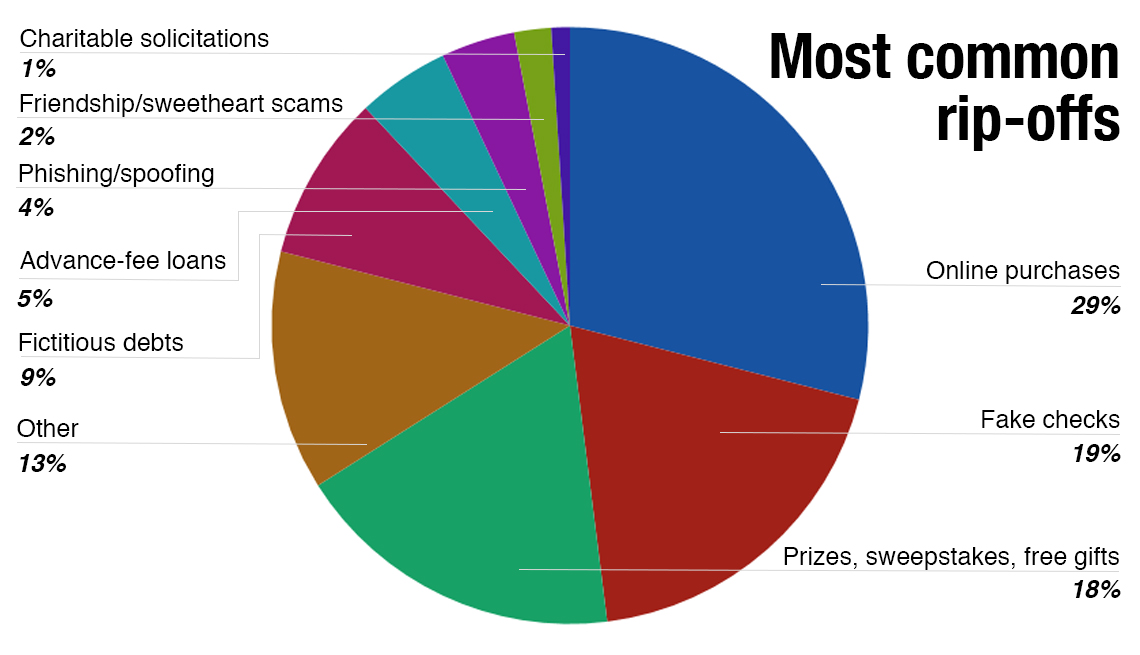Beware of Fake Suze (and Other Scams)
Suze Orman shares 7 tips to avoid being scammed
En español | I spend a lot of time talking to people about how to be financially safe. But the scammers out there have gotten so good that I was recently this close to falling into one of their traps.
I opened an email from “Apple” with a subject line about how my Apple ID account had been compromised. I was so freaked. The email asked me to reset everything, but first I had to provide all my passwords to prove it was me. I started to fill out a form … and got a sick feeling in my stomach. So I deleted the email, then checked my iTunes account. Everything was fine. Phew.
That close call reminded me that we all need to be extra vigilant about protecting our financial identity. The older we are, the more alert we need to be. Cybercriminals love to prey on older adults.
Here’s how you can protect yourself:
Set up text alerts for all your transactions
If you keep a smartphone near and check it often, it can be a great line of defense against financial fraud. You can sign up, for free, with your credit card provider and/or bank to receive a text alert whenever your card is used or you have a bank-account transaction. This recently saved me some major headaches. About 10 minutes after I used my debit card at a store, I got an alert telling me the card had just been used at a gas station. Odd! I hadn’t been to any gas station! I immediately called the customer fraud number on the back of my card and reported that my number had been stolen. That card was closed down, and I received a new one in three days.
Never, ever give financial information to someone who phones you
Please listen carefully, my friends: The IRS never calls people about their taxes. It sends a letter. If you ever get a call from the “IRS,” hang up ASAP.
And if a caller ever claims to be from the customer-service or fraud department at a bank or credit card company, do not share any information. Nothing. Hang up and call customer service yourself to see if the problem is real—but don’t call any phone number the caller gives you. This will protect you from a common scam in which criminals say they work for a company where they know you have an account.
Don’t believe everything you see and hear
I speak from shocking experience. I started hearing from people about an interview between myself and Wolf Blitzer on what looked like a legitimate CNN site. It was all about how I thought everyone should invest their money in this one financial product. The whole thing was fake! Grr.
Whenever you see an ad for something being promoted by someone whose name you know—whether it’s me, Dr. Oz or some other celebrity—be careful. The smart move is to go to that person’s official website and see if the product or service you heard about is being promoted there. Don’t trust. Verify.
Keep up your financial-safety habits
Protecting your financial information is an ongoing job. Yes, I know many of you are retired, but when it comes to staying one step ahead of the fraudsters, you can never stop working. So take advantage of AARP’s Fraud Watch Network.
Check your credit reports
Every four months, log on to annualcreditreport.com and request one credit report. You’re entitled to a free report once a year from each of the three credit bureaus—Equifax, Experian and TransUnion. By staggering your inquiries every four months, you’re essentially monitoring your financial information year-round.
Change your passwords
I recommend that you create new passwords at least twice annually, and consider using two-step authentication—verification with not only a username and password but also a number code, for instance—when available, to keep your accounts extra safe. (This may sound complicated, but it’s easy to set up.)
Limit your snail mail
If you aren’t already getting your financial statements electronically, I’m asking you to consider doing it now. Paper statements can be a ripe target for identity thieves. They can steal them from your mailbox or scrounge through your garbage in search of personal information. If you’re more comfortable with paper statements, shred them before you throw them out.

